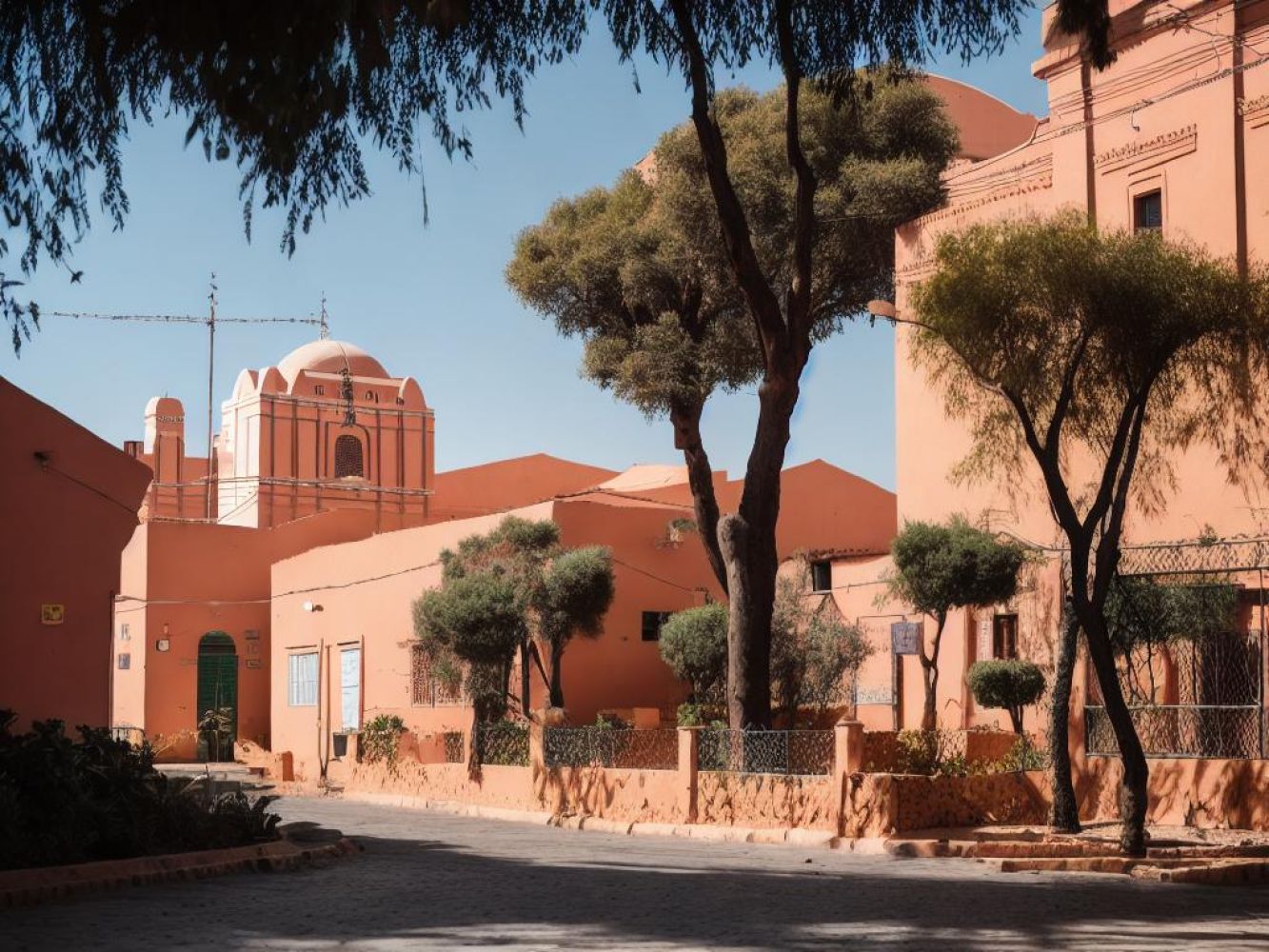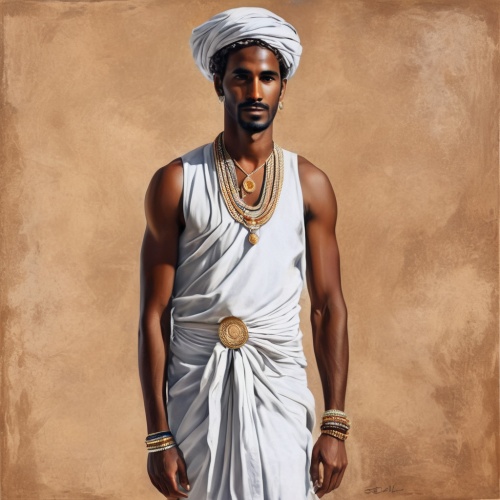Understand
Asmara, a vibrant city with a rich history, beckons visitors with its unique blend of cultures and architectural wonders. Originally formed as a union of villages seeking protection against bandits, Asmara has grown into a thriving metropolis of over half a million residents. Enduring the influence of various empires and countries throughout the centuries, the city carries remnants of its Italian and Ethiopian heritage. Explore the streets of downtown Asmara, and you'll be captivated by the sight of beautifully preserved Italian buildings that bear witness to Mussolini's grand vision of a second Roman Empire in Africa. With architectural styles ranging from ancient Romanesque to the avant-garde movements of cubism and futurism, Asmara's city center is an open-air museum that tells the story of its remarkable past. Experience the spirit of a city that has triumphed over adversity and emerged as a vibrant symbol of self-rule and cultural diversity.
Get in
Asmara International Airport (IATA: ASM, ICAO: HHAS) proudly serves as Eritrea's only operating international airport. Although there are two more international airports in Massawa and Assab, Asmara remains the primary gateway for international travel. In 2017, the airport offered convenient flight options to several destinations: - Egypt Air operated thrice weekly flights to Cairo. - Saudi Arabian Airlines provided flights twice weekly to Jeddah and Riyadh. - flyDubai offered thrice weekly flights from Dubai. - Eritrean Airlines served flights several times a week from Cairo, Khartoum, Dubai, and Milan. Please note that there is an airport departure tax of US$20 or 15, payable in foreign currency if you do not possess a local resident ID. However, this tax has been recently abolished for tourists holding a valid visa. If you plan to enter Eritrea without a visa and possess an Eritrean ID card along with a foreign passport, it is mandatory to register with the Immigration and Nationality office in Asmara within seven business days after arriving in the country. It is essential to be aware that both Eritrea and Ethiopia maintain significant military installations along the border, resulting in all border crossings between the two countries remaining closed.
Map & Climate
Popular Foods
 Dish: InjeraInjera is a sourdough flatbread made from teff flour, which is a staple food in Eritrean cuisine. It's fermented for several days, giving it a slightly tangy flavor and spongy texture. Injera serves as both a utensil and a plate, as it is used to scoop up other dishes with your right hand.
Dish: InjeraInjera is a sourdough flatbread made from teff flour, which is a staple food in Eritrean cuisine. It's fermented for several days, giving it a slightly tangy flavor and spongy texture. Injera serves as both a utensil and a plate, as it is used to scoop up other dishes with your right hand. 






Comments
NO COMMENTS